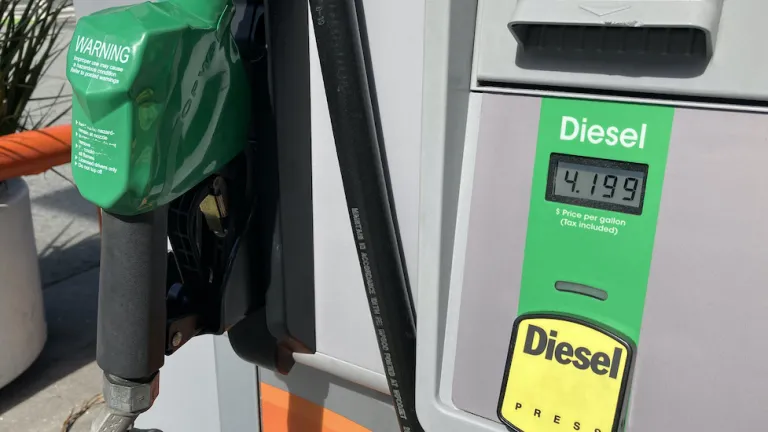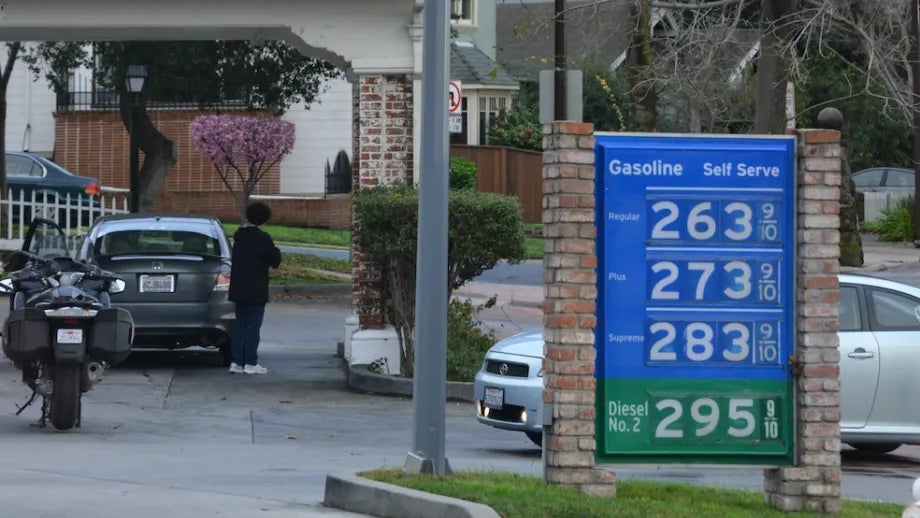Sales Tax & Gas Tax Funding
State taxes on retail sales and taxes on gasoline and diesel fuel (called excise taxes) fund and support highways and local streets and roads, and help finance the Bay Area's transit network.
Key sources of transportation funding include taxes on retail sales and taxes on gasoline and diesel fuel.
In addition to supporting highways and local streets and roads, these taxes also help finance the Bay Area's transit network.
The largest transportation investment in California history, Senate Bill 1 marks the first increase in the state excise tax on gasoline since 1994.

Very small sales tax and taxes on diesel fuel — TDA & STA — help support transit systems in California.

Voters across California counties — including eight of the nine Bay Area counties — have approved sales tax measures in support of transportation investments. These counties are often referred to as "self-help" counties. Local sales tax measures require approval by two-thirds of voters.
View the 2022 Short-Range Transit Plan (SRTP) Revenue Forecast. It contains a draft five-year forecast of operating and capital revenue for transit operators in the San Francisco Bay Area for fiscal years 2023-24 through 2027-28. Due to the ongoing uncertainty about the impacts of the COVID-19 pandemic on public transit, this SRTP cycle was shortened to a 5-year planning horizon rather than the traditional 10-year period.
These forecasts are prepared to provide transit operators with an estimate of available revenue for the SRTP period. This SRTP revenue forecast is intended to be used by transit operators in the preparation of their SRTPs. Learn more about Short-Range Transit Plans.
The base 18 cents per gallon state excise tax on gasoline rose 12 cents on Nov. 1, 2017 to 30 cents per gallon. This marks the first increase in the state's base gas tax since 1994. The 18.4 cents per gallon federal excise tax on gasoline has not been raised since 1993.
The increase in the state gas tax was authorized through state Senate Bill 1 (Beall, 2017), which was approved by the state Legislature and signed into law by Gov. Brown in April 2017. The 12-cents-per-gallon increase restores the purchasing power of the state gas tax to mid-1990s levels. Learn more about Senate Bill 1.

